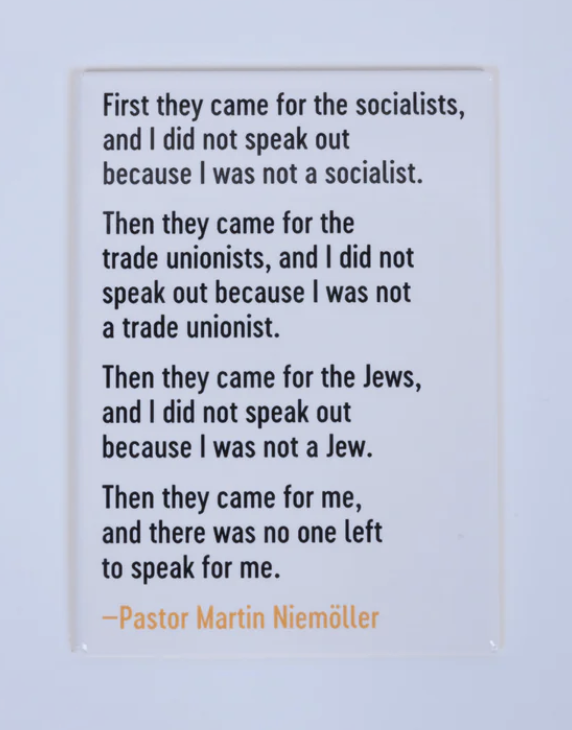Today’s blog was meant to be about pre-mortems, but as I reflect on the significance of Holocaust Remembrance Day in Israel today, a different message emerged that I couldn’t ignore.
My grandfather and great-grandfather, on my father’s side, were murdered in the Holocaust. I remember the moment I learned that the only grandfather I knew wasn’t my biological grandfather, because my real grandfather had been murdered. On my mother’s side, my grandfather died before I was born. His health had been forever impacted by the years he spent hiding during the Holocaust.
Growing up as a child in Israel, the Holocaust was a constant presence in our lives, especially for families of European descent. Learning about it was a defining moment for me. It was when I stopped believing in God and began dedicating years to understanding the horrors of what had happened. It was also when I began to believe that we must act, that each of us has a responsibility for our own life.
The Hebrew phrase “If I am not for myself, who will be for me?” stayed with me.
Looking back, I see how it shaped my strong sense of self-agency and independence.
That belief – that we are each responsible for our actions and how we show up in the world – has shaped not just how I live, but how I understand identity.
Being Jewish isn’t just about belief. It is an identity – shaped by history, culture, and shared experience. For many of us, it doesn’t require a belief in God. Whether one is religious or not, the world has taught us that being Jewish is both a heritage and a responsibility. It is something that cannot be denied or erased.
As my kids grew up here in the U.S., I made it a point to pass this message on to them. Through books, conversations, and stories, we’ve honored our ancestry and carried forward the promise of
“Never Again.”
Since the massacre of October 7, the devastating war that followed, the sharp rise in antisemitism across the U.S. and globally, and the broader climate of polarization and fear here in the U.S., “Never Again” has taken on an even deeper urgency. And it is not just about Jews. It’s about standing up for all who face oppression. Martin Niemöller’s famous words remind us that we must speak out for others before it’s too late.
So my message today is this:
Consider what you can do to protect others and stand up for what is right.
The greatest tribute we can pay to the victims of the Holocaust is to ensure that such atrocities, and the dangerous patterns of hate and persecution that fuel them, never happen again, to anyone.
